According to the Ministry of Education and Training, in recent years, primary education institutions have innovated, promoting the initiative and creativity of professional groups; teachers flexibly apply teaching methods and forms to develop students' qualities and abilities. In particular, Foreign Languages and Information Technology have become compulsory subjects in the 2018 General Education Program, and educational institutions have focused on improving the quality.
At Dung Liet Primary School, Yen Phong District, Bac Ninh, in recent years, the school has actively innovated teaching methods. Teacher Dao Duy Hung, Principal of the school, said that in order to implement the 2018 General Education Program, the team of teachers participating in teaching Foreign Languages and Information Technology at the school are regularly trained, ensuring good knowledge and pedagogical skills. In addition, the school is equipped with adequate teaching facilities and equipment such as projectors, speakers, televisions, internet, etc.
Therefore, the teaching results, level and foreign language ability of students have improved significantly, they are more confident when performing presentation activities in English. In addition, most of the school's students have achieved basic computer skills such as proficient use of office software, accessing the internet and knowing how to search for information effectively, and are interested in participating in learning.
The province currently has 224 English classrooms, of which each primary school has at least one specialized English classroom as required. With 547 English teachers in the area, the provincial education sector regularly trains them every year on the use of textbooks; innovates teaching methods and forms; and improves the capacity to exploit and use soft books and foreign language teaching software.
Phi Huu Quynh, Head of Primary Education Department (Bac Ninh Department of Education and Training)
Schools are encouraged to promote reading activities, experiences, organizing playgrounds, and exchanges to help students improve their communication skills and interest in English, meeting the requirements of the 2018 General Education Program.
Along with foreign languages, the whole province of Bac Ninh currently has 200 classrooms and 217 IT teachers with 100% of primary education facilities organizing IT teaching for students in grades 3, 4, and 5. Many IT education activities, competitions, and playgrounds with IT skills applications have been launched... Therefore, in the 2023-2024 school year, the whole province has 83.8% of first and second graders studying English as an elective; 100% of third and fourth graders studying English and IT as compulsory subjects according to the program; fifth graders studying English four periods/week or more and 99.2% studying IT.
Not only in Bac Ninh province, implementing the 2018 General Education Program, localities across the country are actively preparing conditions to organize the teaching of Foreign Languages and Information Technology in a timely and effective manner. Head of the Department of Primary Education (Ministry of Education and Training) Thai Van Tai said that currently, 100% of schools have organized compulsory Foreign Language teaching in grades 3 and 4 according to the program's requirements; the teaching staff has been strengthened; facilities (classrooms with audio-visual equipment, internet connection equipment) serving the teaching of Foreign Languages and Information Technology are focused on.
From an elective subject, up to now, the total number of students studying English nationwide has reached more than 80% (grades 1 and 2 study as an elective subject; grades 3 and 4 study as a compulsory subject; grade 5 study under a pilot program and as an elective subject). Information Technology is taught to 100% of students in grades 3 and 4; and students in grades 1 and 2 are introduced to the subject as an elective subject.
The implementation of teaching Foreign Languages and Information Technology according to the 2018 General Education Program is a great effort and innovation, a necessary condition to prepare future digital citizens and digital skills.
Nguyen Kim Son, Minister of Education and Training
Local education content in the 2018 General Education Program is also a new educational activity, posing many challenges for localities due to difficulties in compiling and approving documents as well as printing and publishing. However, the education sector and localities have gradually overcome, directed and guided educational institutions to implement local education content to ensure quality.
In Ky Son district, Nghe An, local primary education is facing difficulties due to some content, images, and materials that are not suitable for students from ethnic minority areas. However, the district Department of Education and Training as well as schools have discussed and developed plans to integrate local education content through activities of specific subjects and lessons.
Teacher Pham Viet Phuc, Head of the Department of Education and Training of Ky Son district, said that schools and teachers always create conditions for students to explore, form knowledge and practice, work, speak and share more; make the most of documents, ensuring that local educational content is conveyed to students in the most effective and comprehensive way.
Meanwhile, Quang Ngai province has compiled local primary education materials to ensure progress according to regulations, meeting the learning requirements of 106,939 students at 207 primary education institutions.
According to the Department of Education and Training of Quang Ngai, primary education institutions have proactively and flexibly developed school education plans that follow instructions and are suitable for reality, and have selected local educational content to integrate into experiential activities and other related subjects, helping students grasp useful information and knowledge.
Meanwhile, Ninh Binh province has 146 primary schools, all of which have introduced local educational materials in accordance with the roadmap for implementing the 2018 General Education Program, helping students explore and accumulate comprehensive knowledge, arousing pride and love for their homeland.
According to the Ministry of Education and Training, the initial results of implementing the teaching of local education content according to the 2018 General Education Program have helped students gain basic knowledge about culture, traditional history, geography, economy, society and environment, and famous landscapes and landscapes in the places where they live. Local education content also fosters in students a love and sense of responsibility for preserving, promoting and popularizing the cultural values of their homeland and applying what they have learned to solve problems in life. By the end of the 2023-2024 school year, 63/63 provinces and cities have approved local education materials for grades 1, 2, 3 and 4 according to regulations.
In the 2023-2024 school year, primary education has achieved quite comprehensive results, in which some bright spots include the appraisal and approval of local educational materials, and the organization and direction of teaching and learning according to the 2018 General Education Program.
Pham Ngoc Thuong, Deputy Minister of Education and Training
To continue to overcome difficulties in effectively implementing local education content, provinces and cities need to continue to edit and perfect the content framework; review and update data and materials in documents to ensure accuracy, science and modernity.
During the implementation process, localities need to closely coordinate with units under the Ministry of Education and Training and relevant organizations and individuals to improve the quality and effectiveness of compiling, reviewing, printing, and publishing local educational materials suitable to the characteristics of each grade and class, in accordance with the 2018 General Education Program....
Source: https://nhandan.vn/tao-buoc-chuyen-trong-doi-moi-giao-duc-tieu-hoc-post824827.html



![[Photo] Overcoming all difficulties, speeding up construction progress of Hoa Binh Hydropower Plant Expansion Project](https://vstatic.vietnam.vn/vietnam/resource/IMAGE/2025/4/12/bff04b551e98484c84d74c8faa3526e0)



![[Photo] Closing of the 11th Conference of the 13th Central Committee of the Communist Party of Vietnam](https://vstatic.vietnam.vn/vietnam/resource/IMAGE/2025/4/12/114b57fe6e9b4814a5ddfacf6dfe5b7f)
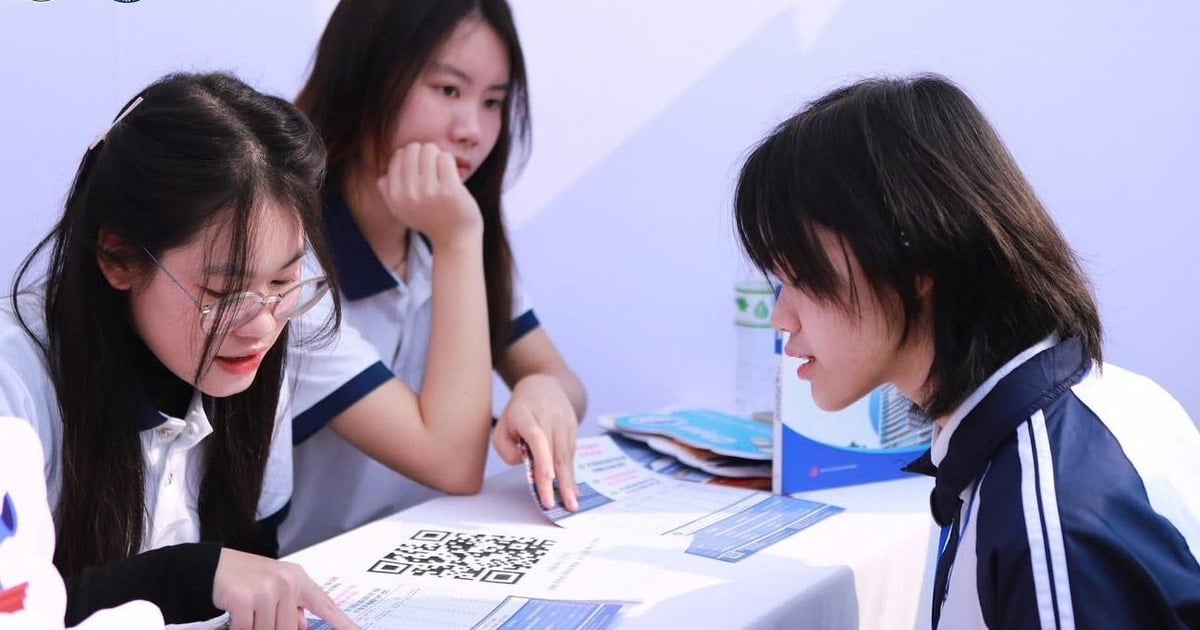

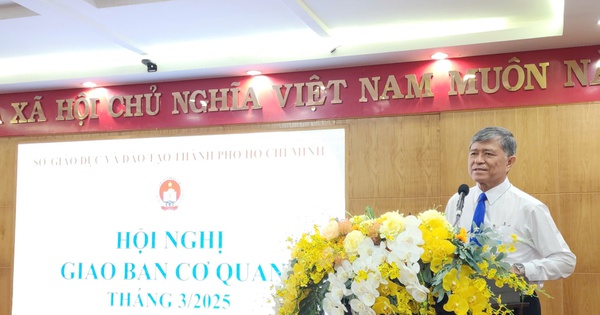

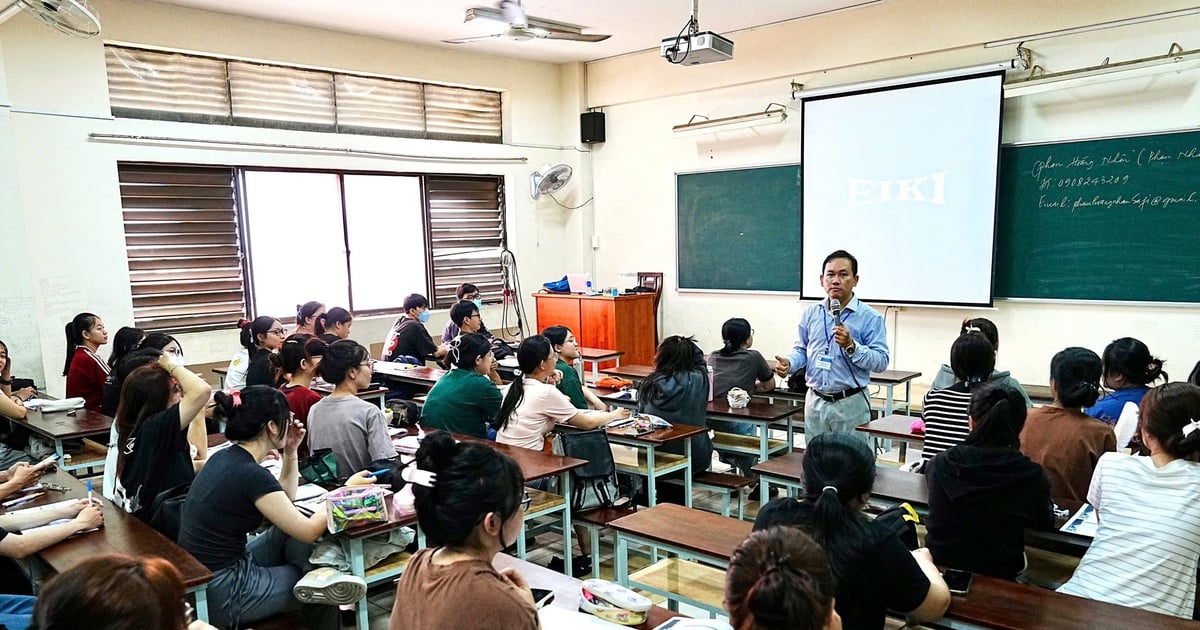



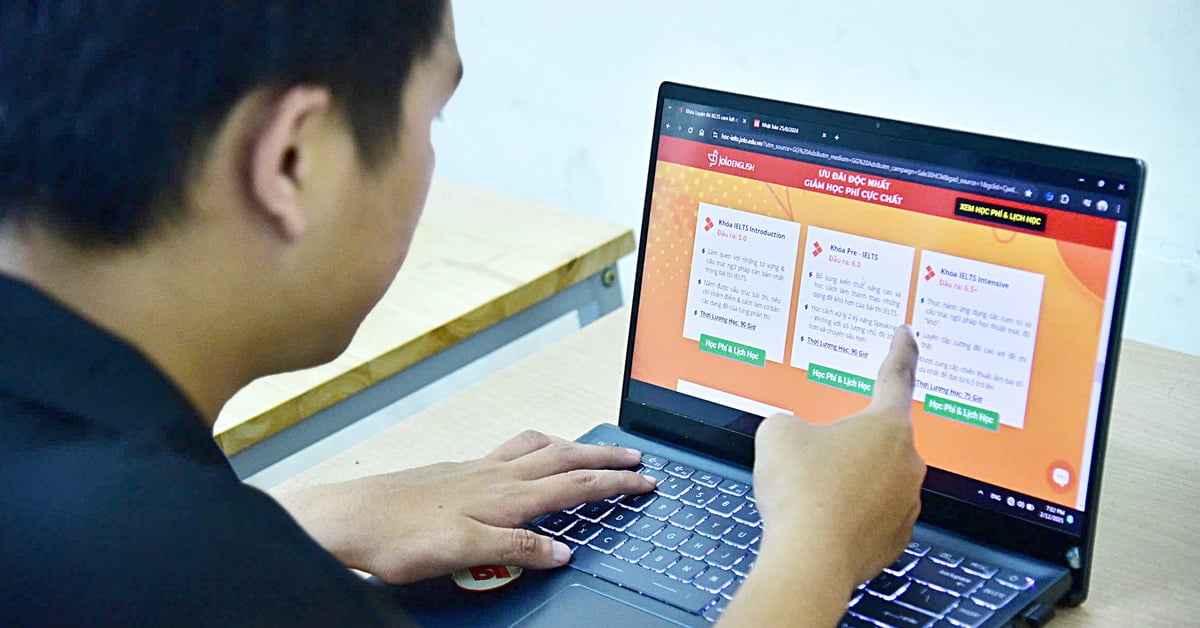

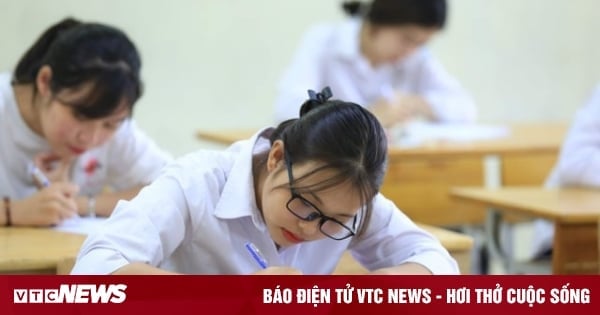


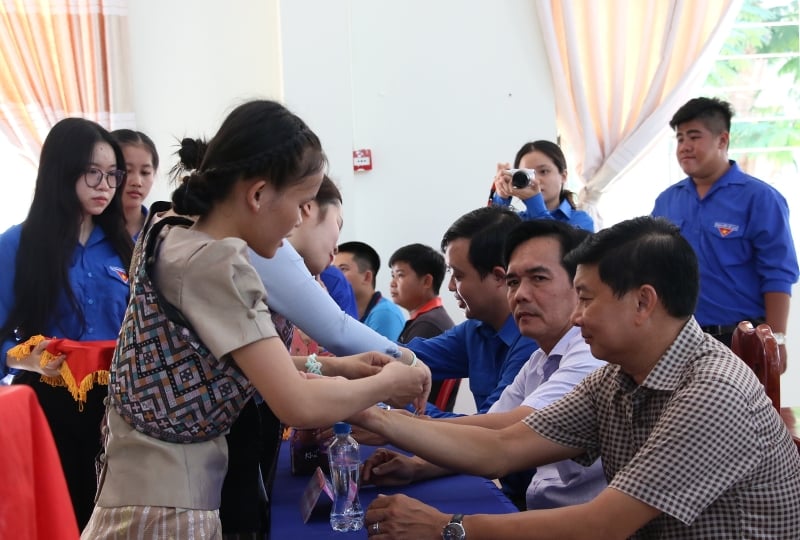
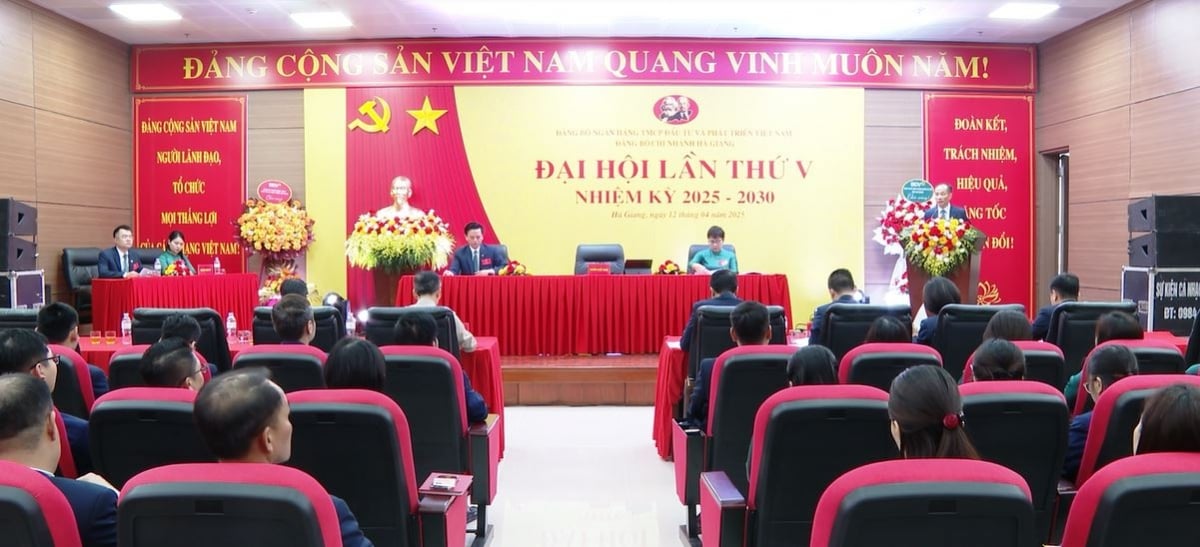

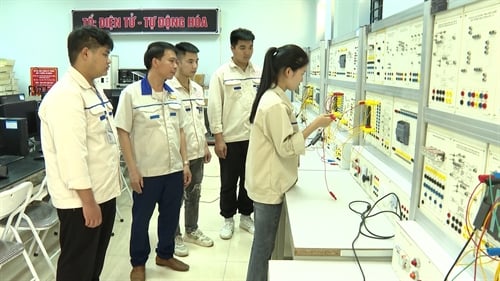





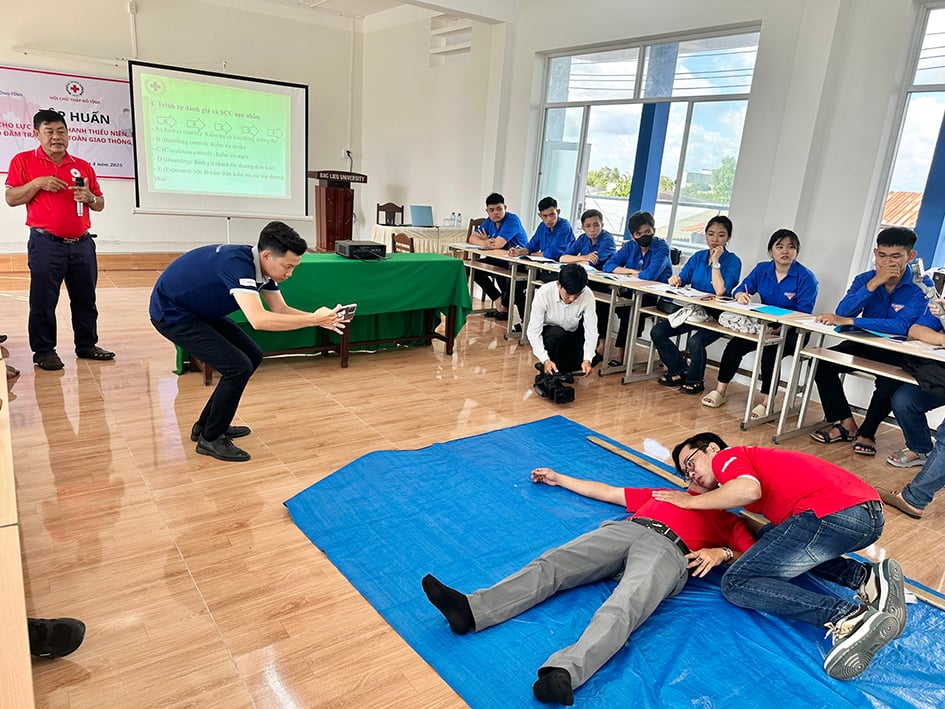
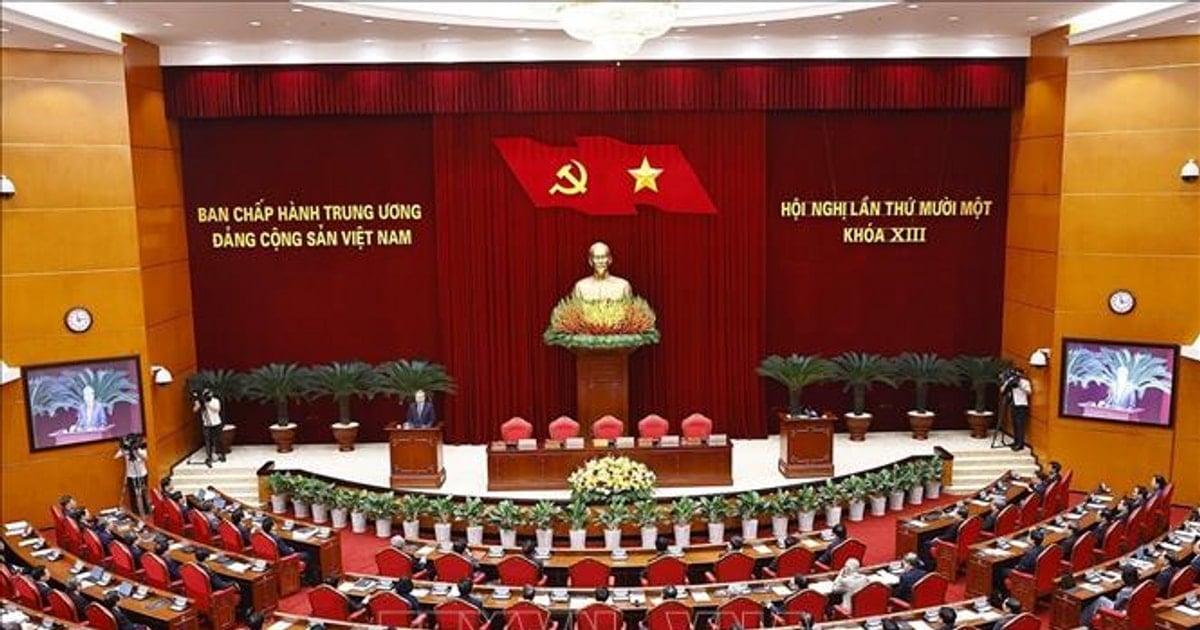


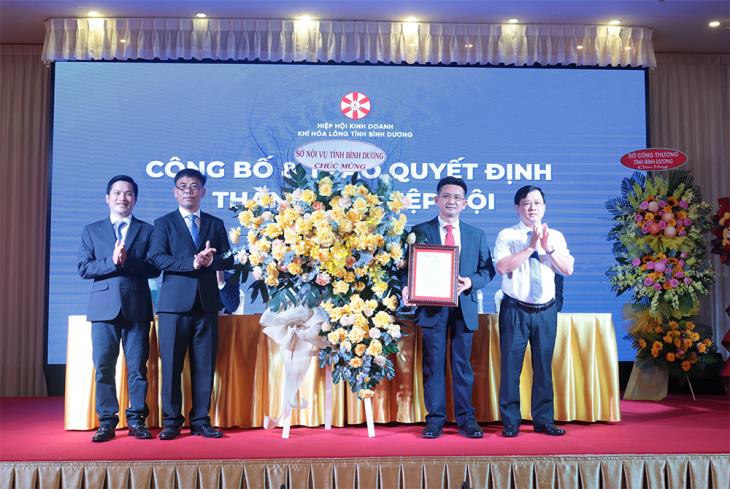









































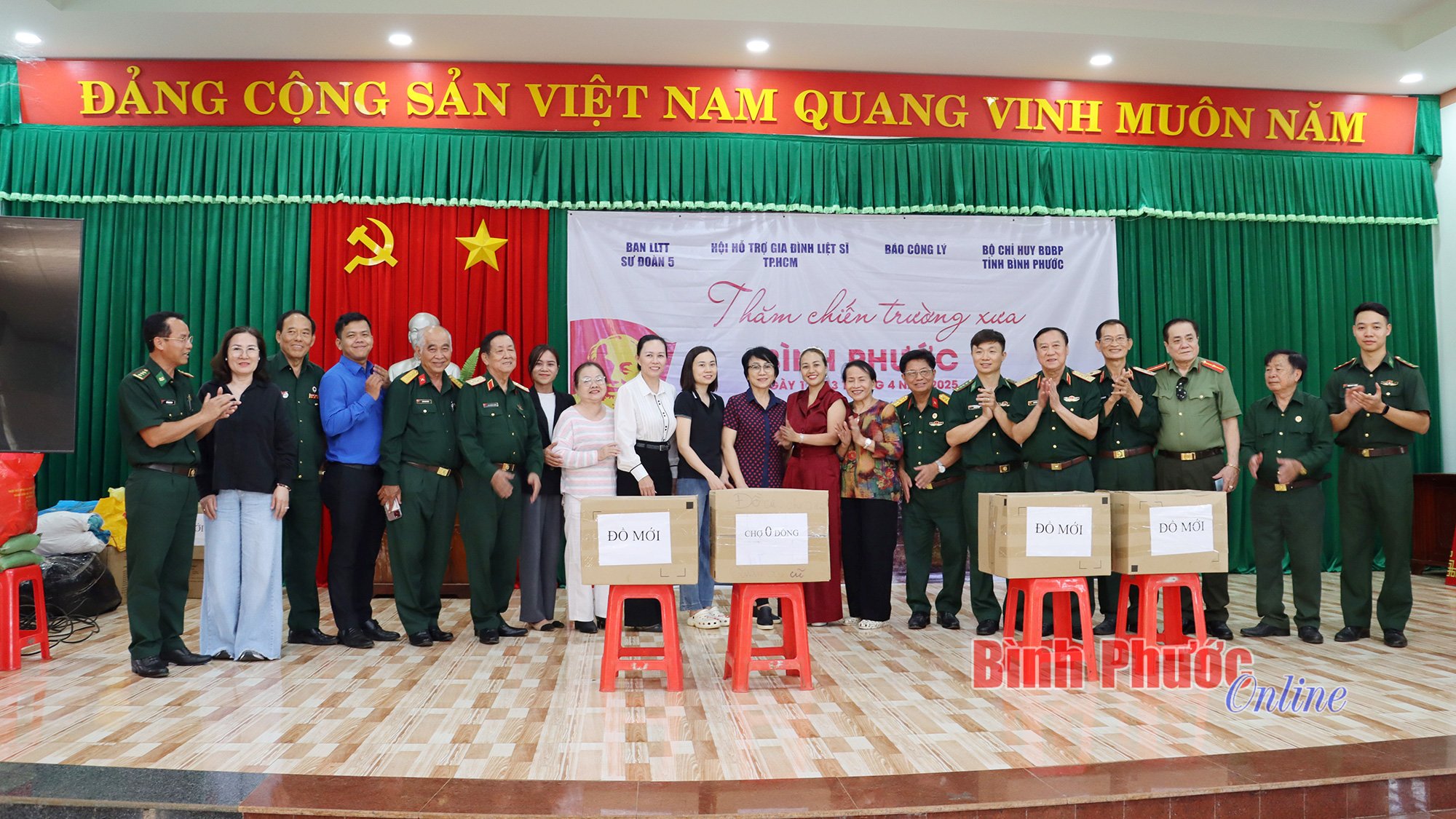














Comment (0)